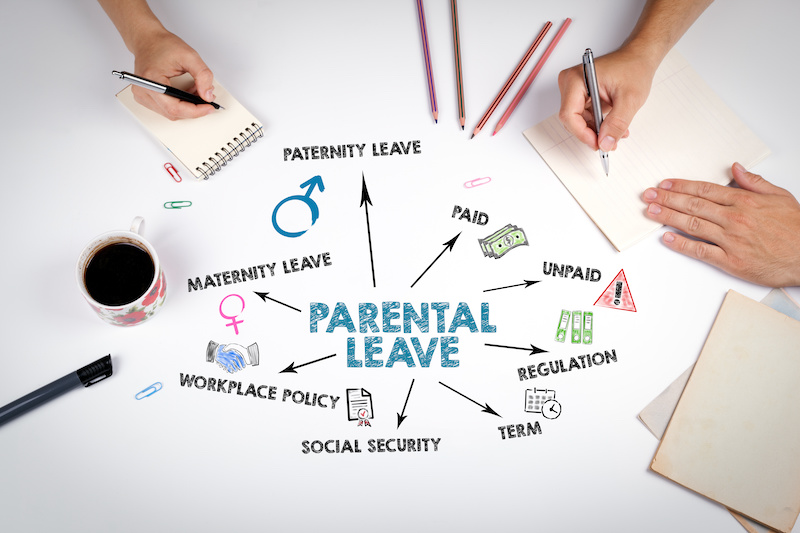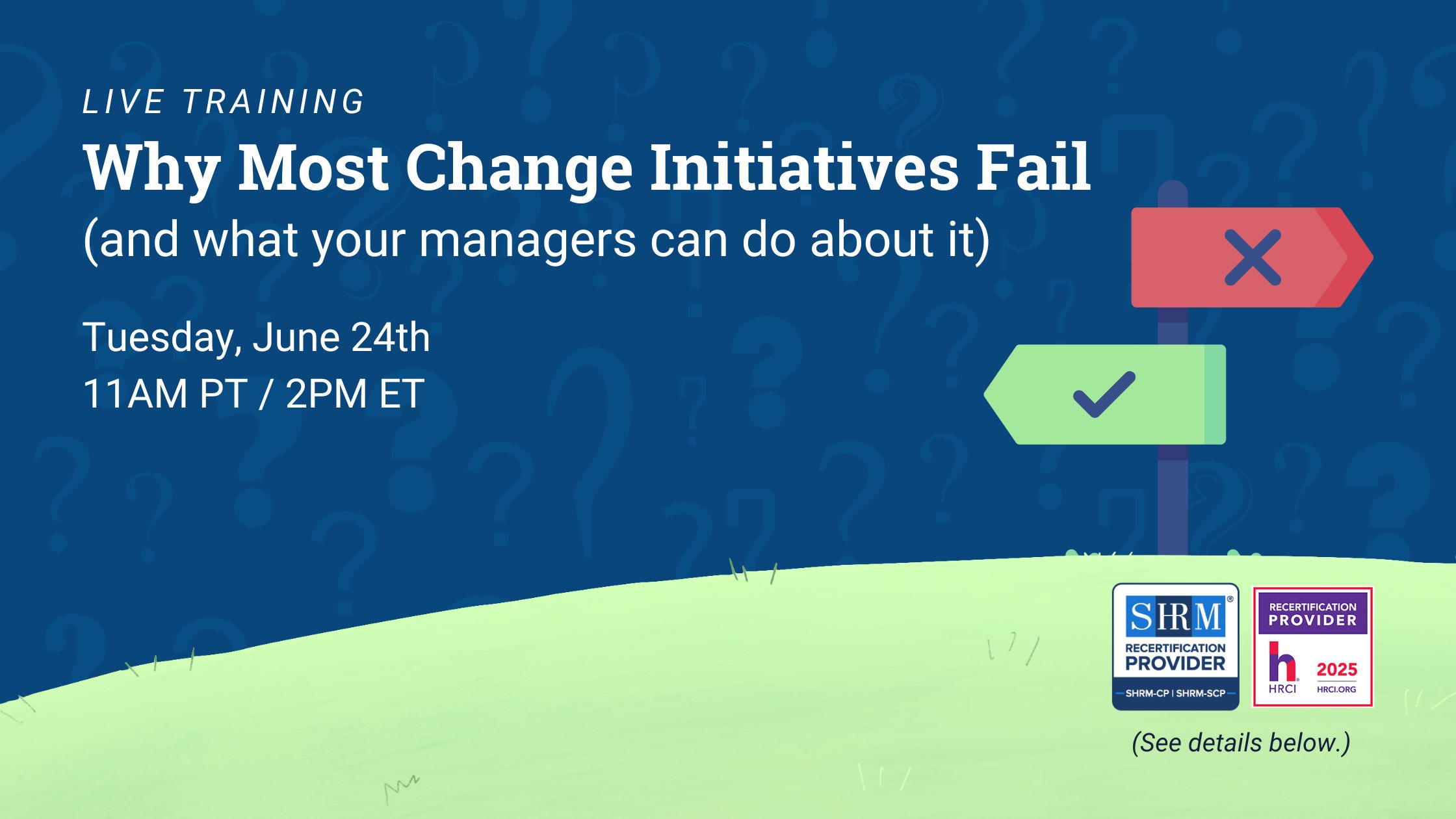Parental leave is a workplace benefit that allows employees to take time off from work to care for their newborn or newly adopted children. Parental leave typically includes maternity leave for mothers before and after childbirth, paternity leave for fathers, and adoption leave for parents adopting a child. The duration and compensation for parental leave vary widely from one place to another, with some countries offering paid leave for an extended period while others provide shorter or unpaid leave options. Parental leave is important in promoting work-life balance and gender equality, as it allows parents to fulfill their caregiving responsibilities without jeopardizing their careers.
Why Is Parental Leave Important for Employees?
Parental leave is vital for several reasons, making it an important policy for HR leaders and executives to implement in the workplace:
1. Work-life balance
Parental leave allows employees to balance their professional and personal lives. New parents can take time off to care for their children without worrying about job security.
2. Health and well-being
Parental leave contributes to both parents’ and children’s physical and mental well-being. It reduces stress and allows parents to focus on their family’s needs.
3. Employee retention
Organizations that offer generous parental leave policies are often more attractive to job seekers and experience higher employee retention rates. Employees are more likely to stay with companies that support them during life-changing events.
 4. Gender equality
4. Gender equality
Parental leave policies promote gender equality in the workplace by encouraging both mothers and fathers to take time off to care for their children. This reduces the burden on women and fosters a more equitable division of parenting responsibilities.
5. Increased productivity
Employees who can take parental leave are more likely to return to work with a positive attitude and higher job satisfaction. This can lead to increased productivity and decreased absenteeism.
Paid Vs. Unpaid Parental Leave
The distinction between paid and unpaid parental leave is significant in the United States. The federal Family and Medical Leave Act (FMLA) provides eligible employees with up to 12 weeks of unpaid leave for specific family and medical reasons, including the birth or adoption of a child. However, this leave is unpaid, which can create financial hardships for many families.
Paid parental leave, on the other hand, provides employees with some form of compensation during their time away from work. Paid leave policies vary widely among employers, but they typically offer a percentage of the employee’s salary or a fixed amount for a specified duration. Paid parental leave is not mandated by federal law but is becoming more common as employers recognize its importance in attracting and retaining employees.
While some states have implemented their own paid leave programs, there is currently no federal requirement for paid parental leave in the United States. As a result, the availability and terms of paid leave depend largely on an employer’s policies and the state where the company’s offices are.
 Parental Leave Vs. Maternity Leave: Key Differences
Parental Leave Vs. Maternity Leave: Key Differences
Parental leave (including paternity leave) and maternity leave are related but distinct concepts. Maternity leave is specifically designed for new mothers, providing them with time off to recover from childbirth and care for their newborns. In contrast, parental leave is a gender-neutral policy that can be used by both mothers and fathers to care for their children, whether through birth or adoption.
Paternal leave, sometimes referred to as paternity leave, is a subset of parental leave specifically intended for fathers or non-birthing parents to bond with their new child and support the primary caregiver. It recognizes the importance of involving fathers and non-birthing parents in childcare responsibilities and promoting gender equality in parenting. However, separate from the FMLA, some businesses elect to offer paid paternity leave benefits similar or equal to those offered to new mothers, especially in cases where the single or coupled parents are male.
How Parental Leave Policies Can Improve Employee Performance
Implementing parental leave policies can lead to several positive outcomes for both employees and employers, ultimately improving employee performance:
Reduced burnout
Parental leave plays a vital role in reducing employee burnout. It provides a structured and approved period for employees to temporarily step away from their work responsibilities. This break allows them to focus on their family’s needs, particularly in the crucial early stages of parenthood. By alleviating the stress of balancing work and family life, parental leave can improve employees’ mental and physical health.
Increased loyalty and engagement
When organizations offer parental leave, it sends a clear message that they value their employees as workers and individuals with personal lives and responsibilities. This gesture of support enhances employee loyalty and engagement. Employees are more likely to stay with a company that demonstrates a commitment to their well-being.
Enhanced diversity and inclusion
Inclusive parental leave policies are essential for fostering diversity and inclusion in the workplace. When companies offer equal parental leave opportunities to all employees, regardless of gender, it challenges traditional gender roles and expectations. This, in turn, encourages a diverse range of employees to feel valued and supported in their family responsibilities.
Skill development
Parental leave can provide employees with valuable life skills beyond family responsibilities. During their leave, individuals often develop skills such as time management, effective communication, and enhanced empathy. These skills can translate directly to improved performance at work.
Positive public image
Companies with robust parental leave policies enjoy a positive public image. Their commitment to supporting employees in balancing work and family responsibilities aligns with the values of socially responsible businesses.
Parental leave is a critical workplace policy that supports employees during life-changing events and contributes to their well-being and performance. Organizations that implement generous and inclusive parental leave policies benefit from increased employee loyalty, reduced stress, and a more diverse and satisfied workforce.
In every stage of the employee lifecycle, INTOO helps employers protect their brand through effective candidate experience, career development, and outplacement services. Contact us to learn how we can make a difference for you and your employees.


 4. Gender equality
4. Gender equality Parental Leave Vs. Maternity Leave: Key Differences
Parental Leave Vs. Maternity Leave: Key Differences








